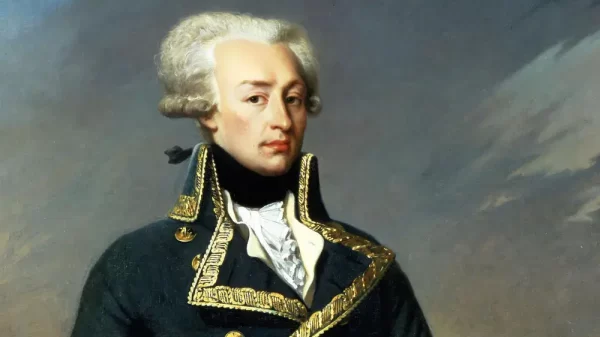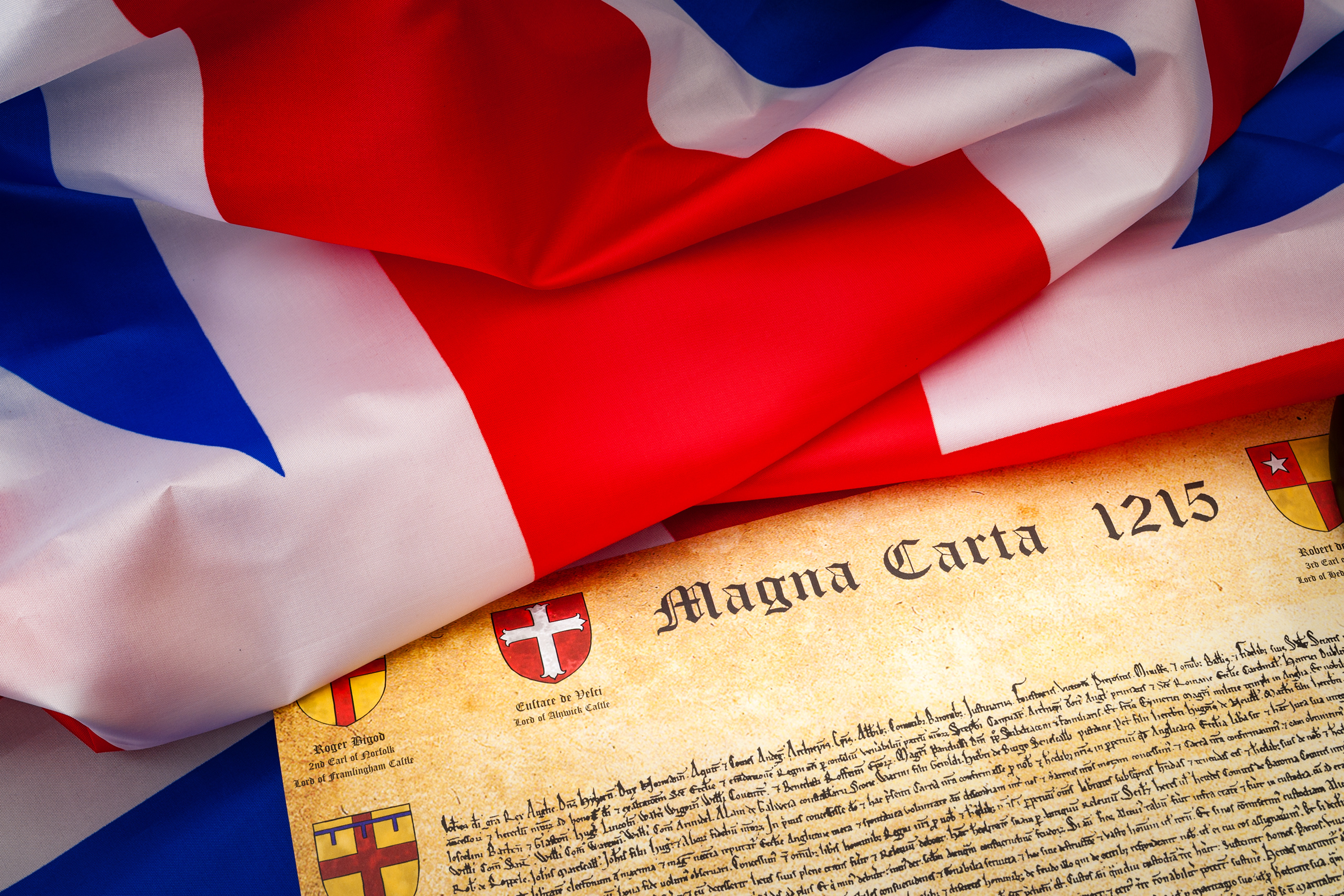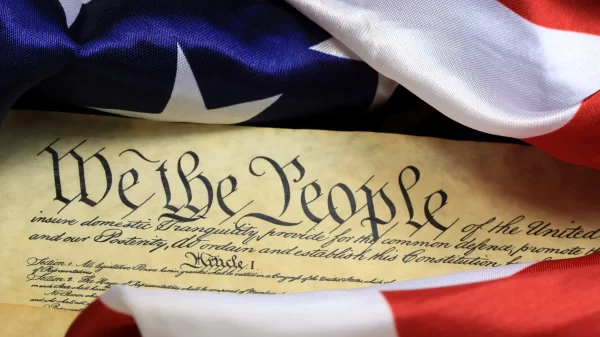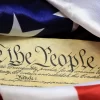In just a few weeks, fireworks will illuminate the night sky, parades will proceed down Main Streets, and the American people, even while social distancing, will pause to celebrate the Fourth of July, or Independence Day. And what event are we commemorating?
Not a military victory, not a birth or death, but a mere vote! That vote, once and for all, declared the American colonies free and independent from British domination. The many grounds justifying this vote are famously spelled out in the Declaration of Independence.
John Adams wrote to Abagail in July 1776 predicting that the vote for independence would be “celebrated by succeeding generations as the great anniversary festival,” and “commemorated . . . by solemn acts of devotion to God Almighty,” accompanied by “bells, bonfires, and illuminations from one end of this continent to the other.” How prescient of John Adams, and how appropriate that we Americans continue to celebrate our independence even 245 years after the vote for independence was announced.
The Declaration of Independence rightly holds a preeminent place in American history; yet, there is another, much older document from history worth celebrating, too. That document is Magna Carta, “the Great Charter,” signed this day [June 15] in the year 1215 A.D. by English barons and King John. It is not an exaggeration to say Magna Carta changed the concept of government forever.
In fact, never before had a ruler, in what was almost a bloodless coup, agreed to limitations on royal power. Magna Carta changed the dialog about the divine rights of kings and absolute power. We would do well to remember 805 years hence and reflect on what civilization has achieved by limiting the power of government and giving liberty to the governed.
Besides chartering a peace between some rebellious barons and the King of England, what did Magna Carta do? To be clear, it did not establish the concept of government by democracy; the Greeks had managed their affairs by majority vote well over a millennium earlier. Rather, Magna Carta planted the first seeds of constitutional government.
A constitutional government recognizes the truth that all citizens, including those in the government, are under the law. No one, not even the king, is above the law. In medieval times, this innovative concept challenged the regime that ceded absolute power in the monarchy, which was so prevalent in Europe and the rest of the world. Magna Carta placed the ruler under the law, forbidding him from dictating to his subjects above the limitations of the law.
Magna Carta calls this supreme law the “law of the land.” This law is not necessarily written down. Rather, it reflects the rights and customs of the people populating the land. From this novel concept came what we call “the common law.” The common law is built not at once, but as any structure is built – brick by brick, case by case.
Each judgment handed down by the court sets a precedent which will inform the next judgment of the same kind. In societies embracing the common law, judges do not create the law of the land. Rather, they declare what it already is and apply it to each situation. And how do they know what the law is? They look to prior judgments, to immemorial custom, and to the fundamental rights of the people. In short, they look to practical experience, the tried and true, over the philosophical and speculative.
Magna Carta itself and the common law jurists and statesmen who followed conceived of rights in negative terms. Property rights, for example, are the natural corollaries of other peoples’ duties not to steal and destroy. Everyone besides the property owner has a duty not to trespass on the property owned by another, which means that owners have a right to the exclusive use and possession of their property.
Fundamentally, rights are not invented by the government; they are inherent in what it means to be human. If the government has the power to create rights, then it can just as easily take them away. Magna Carta reflected fundamental rights and reduced them to writing, thus acting as a fence to clearly mark the boundaries between the government and the governed.
Magna Carta was viewed as so foundational to constitutional government, that it featured prominently in the early American colonies. For example, the first Massachusetts code of law explicitly cites Magna Carta as the source of the laws comprising that code. Additionally, South Carolina, when separating from North Carolina in the early 18th century, enacted a statute that incorporated the English common law, as established by Magna Carta, into its own set of laws. Alabama, like many other states, followed this trend. Furthermore, William Penn, of Pennsylvania fame, arranged for the first printing in America of Magna Carta, and the seal used by the Massachusetts Provincial Congress contained the image of a patriot with a sword in his right hand and a copy of Magna Carta in his left.
These historical tidbits evidence the importance Magna Carta held for our American ancestors, but the best evidence is our own written constitution. That document, like Magna Carta, places the law of the land above the government and recognizes certain individual rights, which the government must never infringe upon, much less violate.
If the government ever acts “above the law” by exceeding its enumerated powers granted by the Constitution, it ceases to be a proper government. Under constitutional government, laws have parameters in which to operate, but they cannot curtail rights clearly expressed in both our federal and state constitutions.
For today, its 805th anniversary, let us never forget the grandfather of our Constitution, Magna Carta. We should celebrate the concept of constitutional government it ushered into the world and the growing impact of its civilizing influence. Under Magna Carta and its offspring, the United States Constitution and the Alabama Constitution, we should always hold our own elected officials accountable to govern according to and under the “law of the land.” And, we must always remember that government exists not to create our rights, but to protect the rights we inherently possess.
When King John exceeded these rights, he set in motion a movement to constrain government by recognizing pre-existing rights and enumerating them lest future rulers forget their limitations. That is something well worth celebrating!





















































